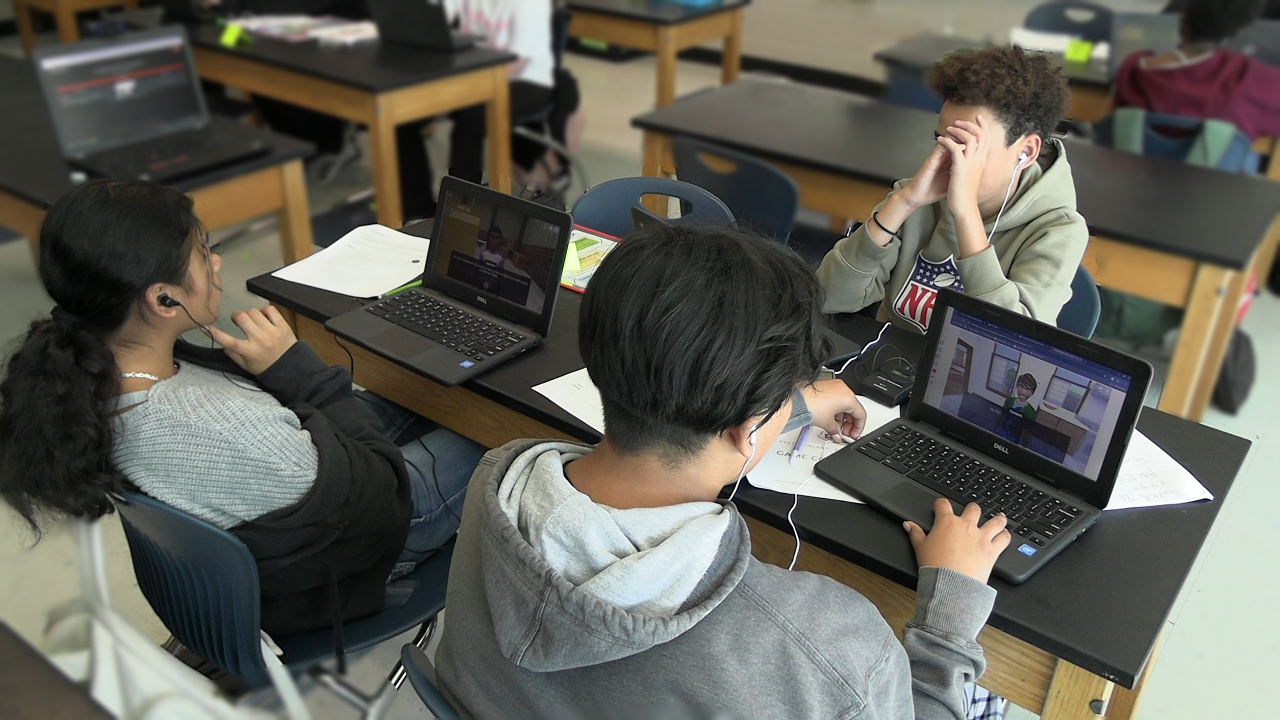Growing Together While Cultivating Excellence- Part Three
PLLC Research Scholar Jaclyn B. Stevens shares her takeaways for coaches and leadership fostering growth while learning and leading in the age of complexity.
Monitoring Growth
Just as the farmer cannot go on vacation in the middle of the growing season, we have to take time to check on how our crop is growing, use data to validate the growth and see how progress is being made or not. Adjustments will need to be made periodically. We may need to move seeds or plants. We may need to uproot things that are not growing well, and we already know that some may need more nutrients than others, some more attention, more motivation and some less.
The final resource shared will support one that enables leaders to gauge staff concerns and program use in order to give each person the necessary support to ensure success.
The Concerns Based Adoption Model (forces a Google document copy), and other developmental models of its type, expresses that people considering and experiencing change evolve in the kinds of questions they ask and in their use of whatever the change is.
In general, early questions are more self-oriented: “What is it?” and “How will it affect me?” When these questions are resolved, questions emerge that are more task-oriented: “How do I do it?” “How can I use these materials efficiently?” “How can I organize myself?” “Why is it taking so much time?” Finally, when self- and task concerns are largely resolved, the individual can focus on impact. Educators ask: “Is this change working for students?” and “Is there something that will work even better?” With every new piece of information, a change or adjustment occurs and concerns will shift and change accordingly.
With this model, and strong listening skills, we can meet individuals where they are.
Harvesting Your Crop
This is the final stage where we get to, hopefully, reap the rewards of all the hard work. This is where we must inspect the results and take pride in the work with our team. It is important to reflect and discuss with our team what they have accomplished, how they grew, what they learned and, even if the crop was not a success, that there is still much to be gained. And, perhaps we had to give up on a plant and acknowledge we could not grow it or that the soil or the environment was not a fit, etc.
This is our opportunity to discuss everything to gain insight into what to elevate, emulate and eliminate. To support the reflective process, consider the resources shared here around reflecting, thinking and refining our reflective skills.
So there we are: six stages to implement and 10 activities/resources to share. We wear a lot of hats in education, and while many would not consider the ‘farmer hat’ as one of them, it truly is a metaphor for the work and stability needed to lead in today’s complex educational landscape. Keep in mind, however, that this is only one of four hats author Drake Taylor highlights in his book. Consider taking a look at the short and comprehensive work with staff, but always remember to take the time to grow together in order to cultivate excellence.
Supporting research and reference material:
- Aguilar, Elena. The Art of Coaching Teams. San Francisco. Jossey Bass. 2016. [Amazon]
- Gruenert & Whitaker. School Culture Rewired: How to define assess, and transform it. Alexandria, VA. ASCD. 2015. [Amazon]
- Sinek, Simon. Start with Why: How great leaders inspire everyone to take action. London, England. Penguin Group. 2009. [Amazon]
- Sinek, Simon. “Golden Circle“. Ted Talk. 2014
- Taylor, Drake E. The Four Hats of Leadership: Be who your people need you to be. Los Angeles. New Insights Press. 2019. [Amazon]
 Jaclyn B. Stevens coaches and assists K-12 educators, ITFs and administrators to adapt, not adopt, fostering initiatives to transform professional learning through changes in pedagogical shifts and meeting the needs of all learners to champion creativity and innovation. She is a research scholar at the Friday Institute, part of the College of Education at North Carolina State University.
Jaclyn B. Stevens coaches and assists K-12 educators, ITFs and administrators to adapt, not adopt, fostering initiatives to transform professional learning through changes in pedagogical shifts and meeting the needs of all learners to champion creativity and innovation. She is a research scholar at the Friday Institute, part of the College of Education at North Carolina State University.
@jaclynbstevens | jlbell@ncsu.edu
- Categories:



